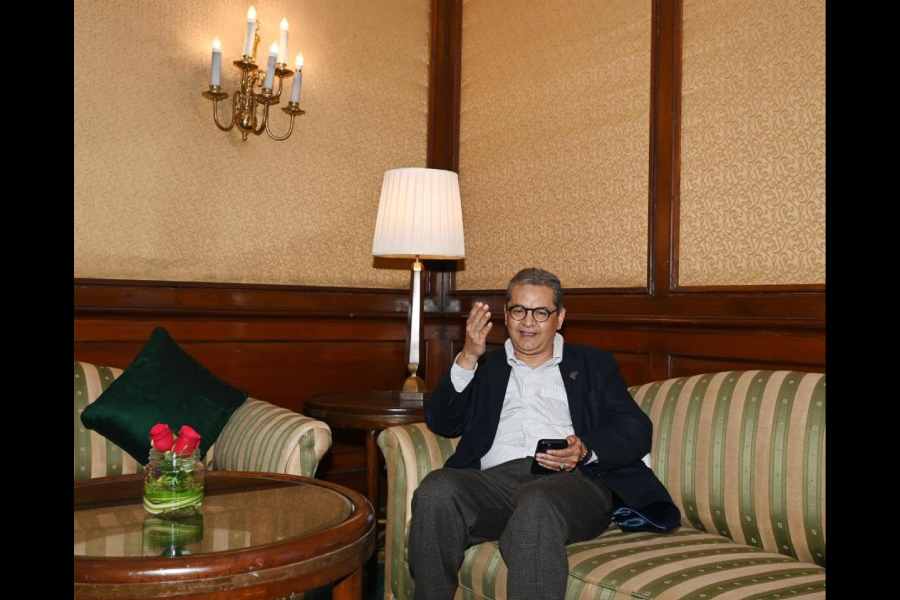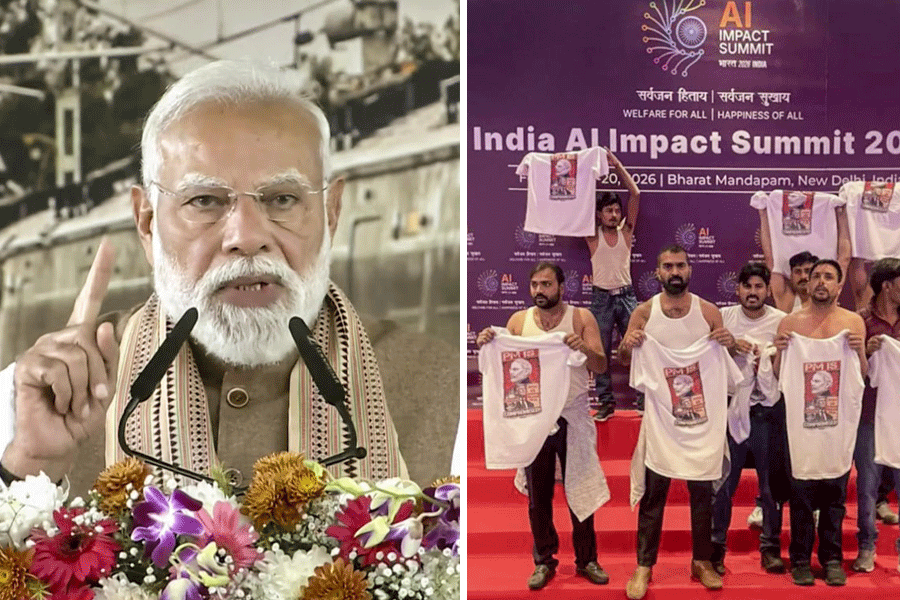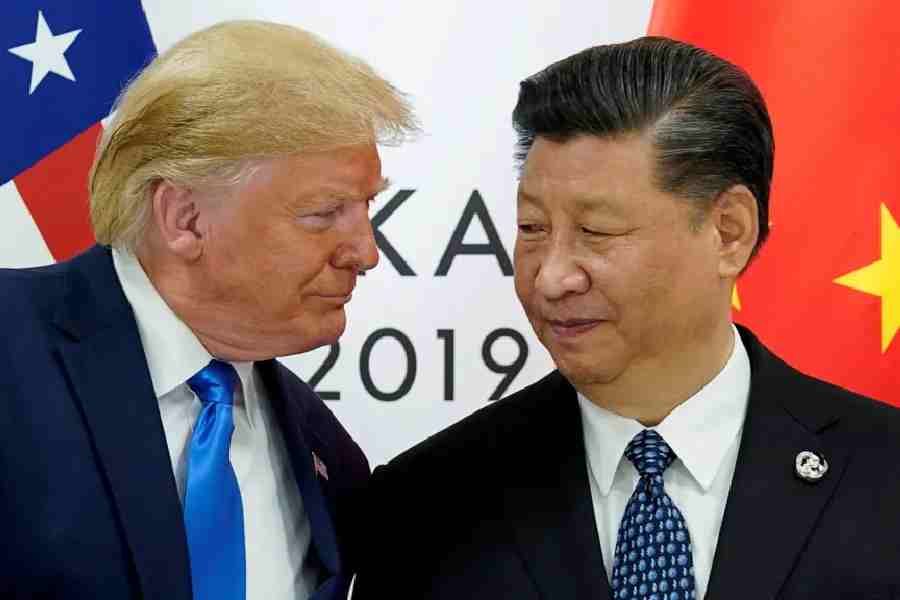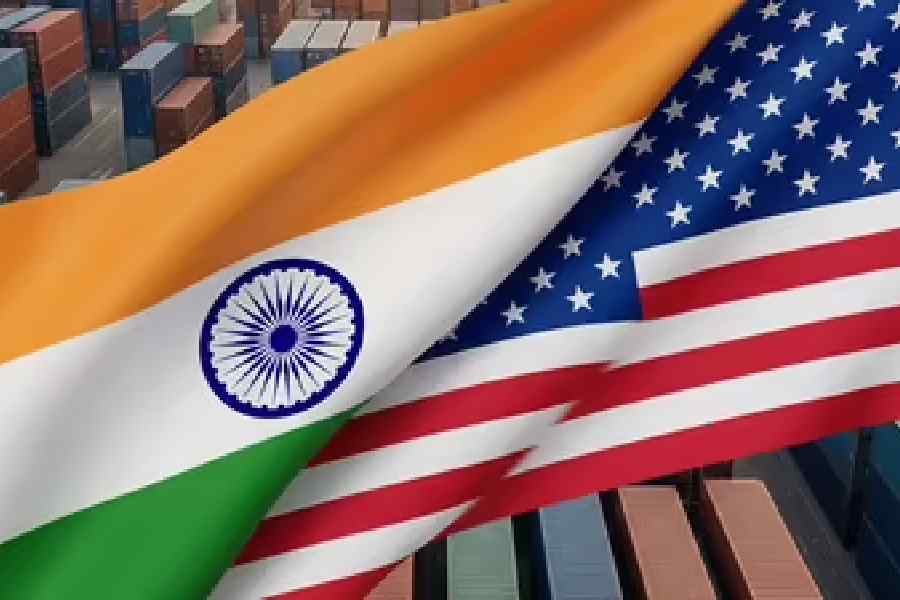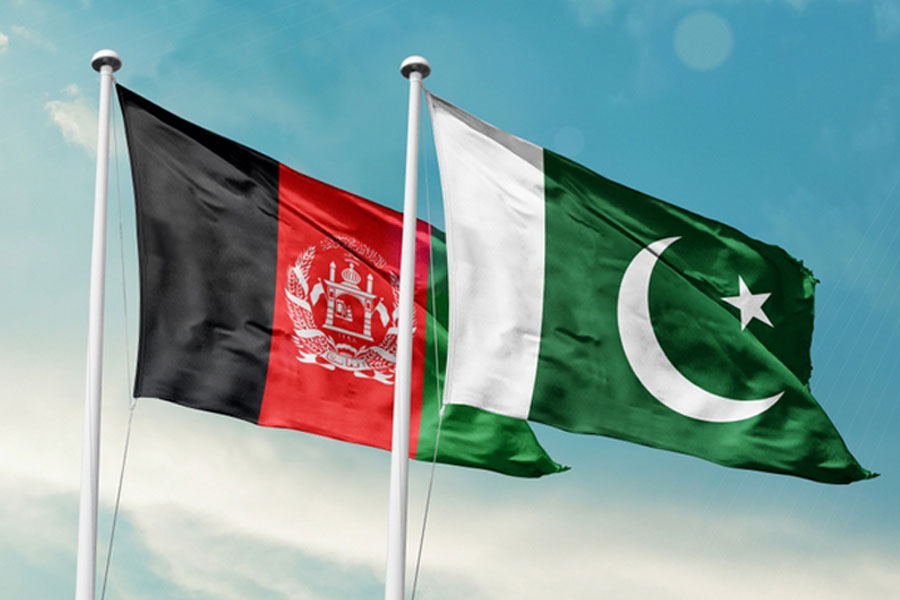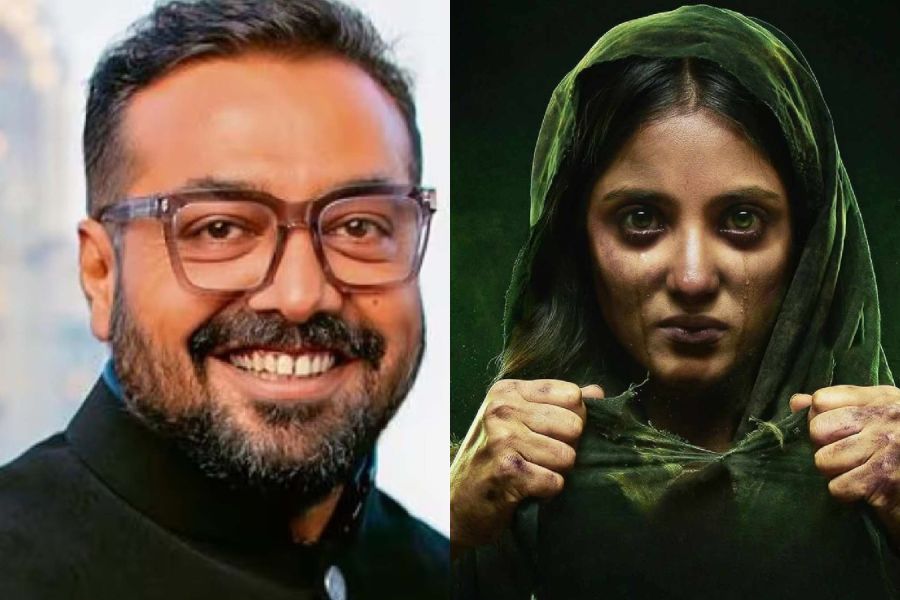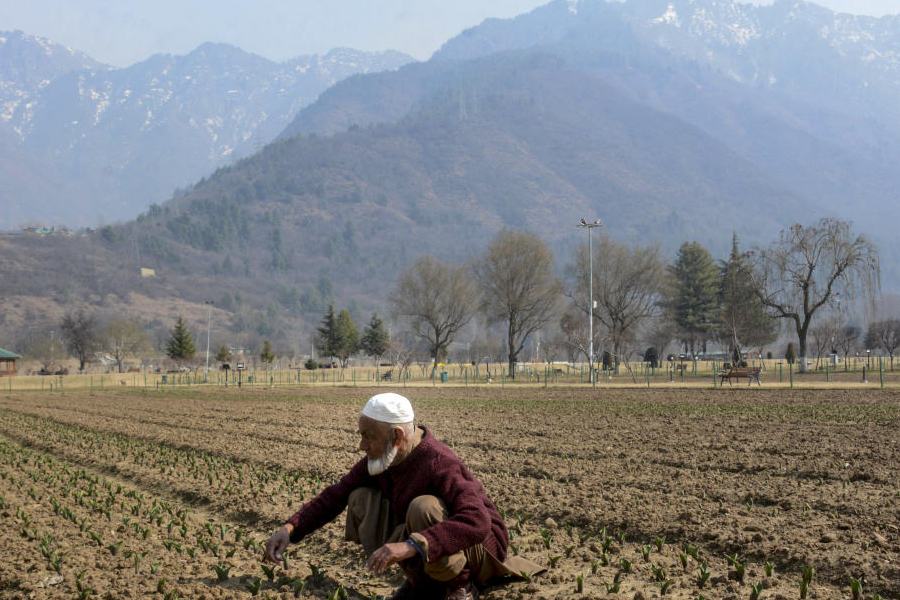Sankarshan Thakur, editor of The Telegraph, died following a brief illness in Gurgaon on Monday. He was 63.
Sankarshan is survived by his wife, daughter and son.
For more than four decades, Sankarshan’s extraordinary command of language brought alive stories from every corner of India and the world’s most volatile regions. With equal felicity, he could report from the bullet-riddled paths of Sri Lanka, the dusty roads and complex politics of Bihar or capture the fierce battles on Kargil’s icy peaks or the revolutionary fervour that toppled Hosni Mubarak in Egypt.
His exploits were straight out of a Frederick Forsyth novel — filings from 1992 on the mujahideen takeover of Kabul or his experiences with the army on the Turkish border with Syria made for thrilling journalism. He especially liked to report from Pakistan — Sankarshan travelled several times to the country on work, and even managed to get Mohenjo Daro ki mitti for folks back home when he went there during the visit of Bihar chief minister Nitish Kumar in 2012.
Sankarshan launched his journalism career in 1984 with the Sunday magazine, published by the ABP Group, before joining its sister publication The Telegraph. In the late 1990s, he briefly led the newspaper’s New Delhi bureau before moving to The Indian Express and later Tehelka, where he rose to executive editor. He returned to The Telegraph in 2009 as Roving Editor, based in New Delhi, and in 2016 took on additional responsibilities as Features Editor — a role he embraced with characteristic enthusiasm.
Upon joining the Features department, he sent his new team a message that perfectly captured his leadership style: “I am paradropping here but I know you’re there to make the landing smooth. Thence, we shall try and fly. I much look forward to this.”
Sankarshan was appointed Editor of The Telegraph on September 30, 2023.
In newsrooms, his infectious enthusiasm energised colleagues both young and seasoned. His erudition spanned vast territories — supremely well-read and well-travelled, he could engage in spirited debate on virtually any subject. From Kashmir to cricket, Bihar to the Balkans, his interests knew no bounds.
Cricket held a special place in his heart. He would watch any live match, regardless of the teams playing, and was among the most passionate advocates for women’s cricket coverage, often calling the Sports Editor when he felt a women’s match had received insufficient attention. Beyond journalism, he found solace in painting, which he said brought him sukoon — peace. As did the music of Mark Knopfler.
Sankarshan harboured a deep affection for Calcutta, where he lived during his early journalism years and where he became fluent in Bengali. He savoured Bengali cuisine — maach-bhat was his regular lunch choice during visits. Evenings often found him at Jimmy’s Kitchen, where the chef knew to prepare his sweet and sour chicken “not too sweet or too sour”. The Nagraj Bar at The Bengal Club was another favourite haunt, typically followed by chicken asparagus soup and delicate sandwiches in the club’s elegant dining room.
Despite his remarkable achievements, Sankarshan remained refreshingly self-effacing. He was a fearless writer who wouldn’t hesitate to pen — or commission — scathing pieces when confronted with injustice or values that contradicted his democratic and liberal convictions. Yet he maintained unwavering journalistic integrity, carefully separating his political beliefs from his professional work. This fairness earned him friends and admirers across the entire political spectrum.
Born in Patna on July 13, 1962, to Purnima and Janardan Thakur, a veteran journalist, Sankarshan attended St. Xavier’s schools in both Patna and Delhi before earning his bachelor’s degree in political science from Hindu College, Delhi University, in 1983.
Over four decades, he authored several acclaimed books, including Subaltern Saheb, a political biography of Lalu Prasad; The Brothers Bihari, examining Bihar’s politics through the Lalu Prasad and Nitish Kumar years; and Guns and Yellow Roses, a collection of essays on the Kargil War.
Sankarshan was at his finest when reporting from the field, bringing a perspective that — thanks to his extraordinary mastery of language — invariably resonated with readers. Stars like Sankarshan Thakur don’t simply fade away; they continue to shine brightly in the firmament of Indian journalism.

